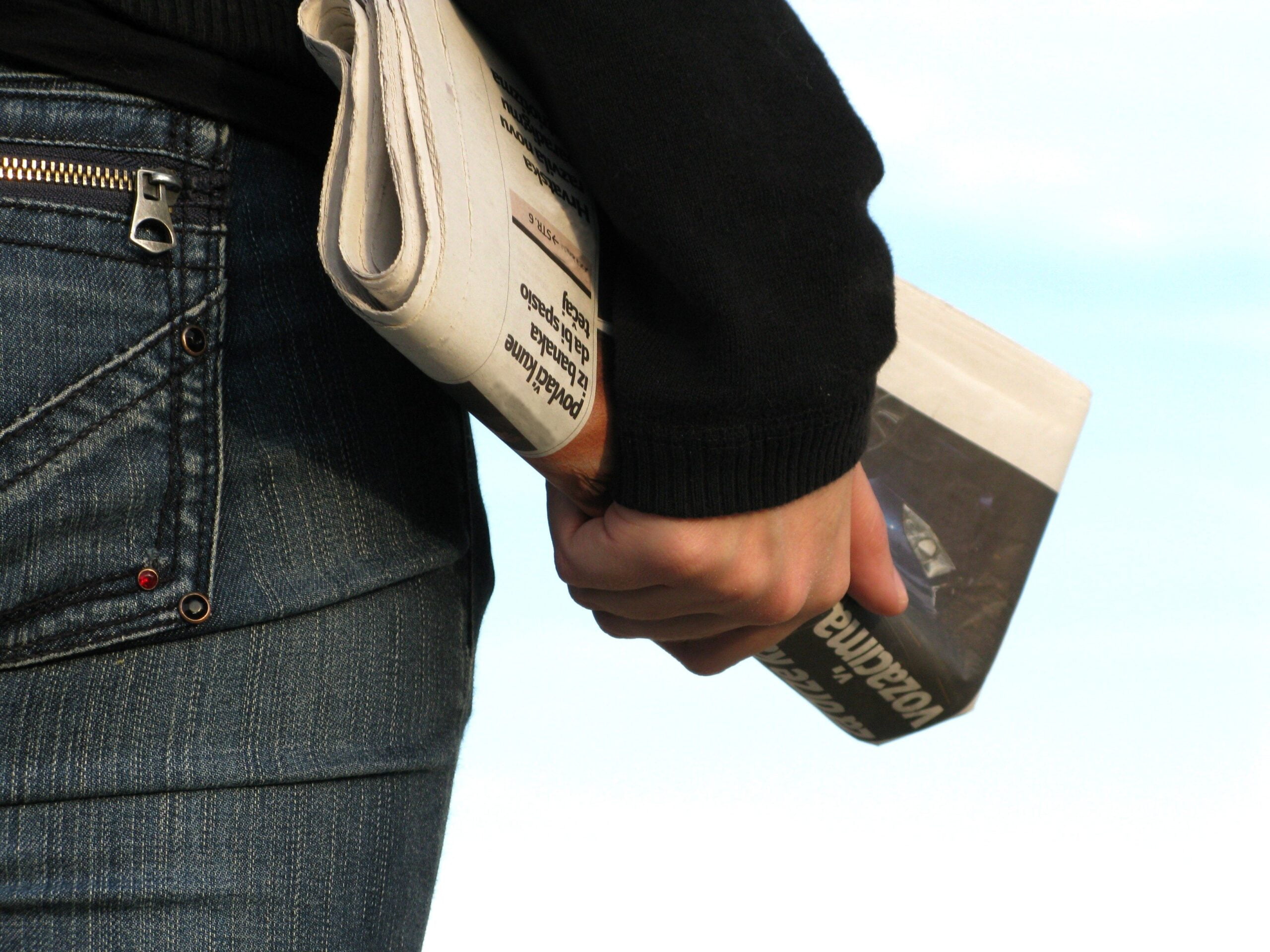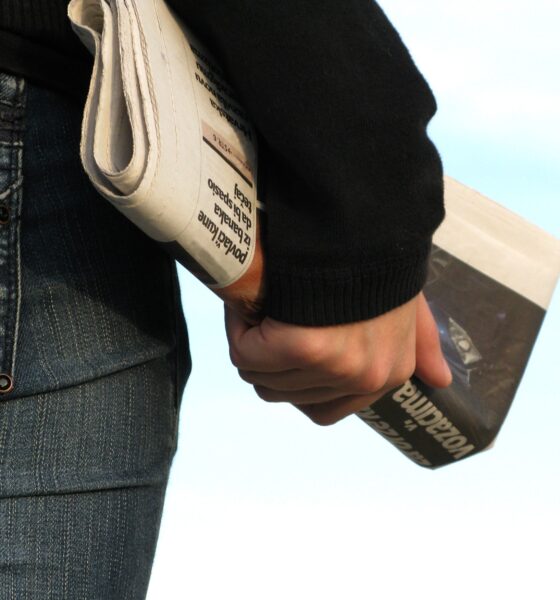

Features
Blue & Green Daily: Wednesday 13 August headlines
Blue & Green Daily finds and summarises the top sustainability stories around the web every morning. We start with our own picks from Blue & Green Tomorrow.
The appropriate arms trade: the UK’s most unsustainable market
Sustainability: will we wait until the tipping point?
Oil and gas companies take on more debt to cover shortfall
Thousands plan to protect against Cuadrilla fracking in Lancashire
German renewable energy sector sets new world record
——————————————————————————————————————————————
13 August headlines
Support for fracking has declined to 24 per cent, energy department finds
Support for fracking in the UK has fallen, with less than a quarter of the public now in favour of extracting shale gas to meet the country’s energy needs, according to official government polling. The findings stand in contrast to an industry poll published earlier this week, which found 57% were in favour and just 16% were against. Telegraph.
Rising economies ‘ahead on climate’
Four of the world’s emerging economies have claimed that they are far ahead of developed countries in their efforts to slow climate change. Brazil, South Africa, India and China are known as the BASIC bloc in international climate negotiations. They have accused developed nations of keeping their carbon emission cuts ambitious at a low level. BBC.
Ten RBS executives get shares worth £3.5m in total
Bailed-out Royal Bank of Scotland has given ten top executives share awards worth a total of £3.5 million under a new pay scheme dodging tough new European Union rules on bankers’ bonuses. RBS, which is 81% owned by the government after its £45 billion bailout during the 2008 financial crisis, lost £8.2 billion last year – its sixth year of consecutive losses. Guardian.
Genetically modified flies ‘could save crop’
A type of genetically engineered fly, which eventually kills itself off, could be an effective method of pest control, according to new research. These male mutant flied have a lethal gene, which interrupts female development. They were trailed in a greenhouse resulting in a “population collapse”. If released into the wild, they could prevent damage to crops in a way that is cheap, and environmentally friendly, according to the researchers. BBC.
——————————————————————————————————————————————
Interesting picks
Jenny Jones: ‘Boris gives credence to crank theories about climate change’ – Guardian
Ebola and climate change: are humans responsible for the severity of the current outbreak? – Newsweek
Meeting water and energy challenged in agri-food sector with technology – Guardian
Photo: Sanja gjenero via Freeimages


 Environment11 months ago
Environment11 months agoAre Polymer Banknotes: an Eco-Friendly Trend or a Groundswell?

 Features10 months ago
Features10 months agoEco-Friendly Cryptocurrencies: Sustainable Investment Choices

 Features11 months ago
Features11 months agoEco-Friendly Crypto Traders Must Find the Right Exchange

 Energy10 months ago
Energy10 months agoThe Growing Role of Solar Panels in Ireland’s Energy Future


















